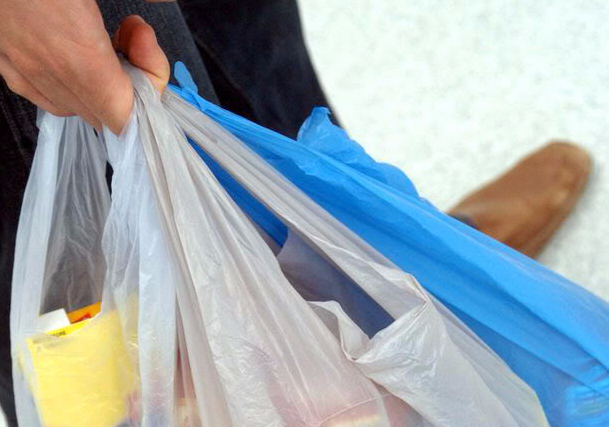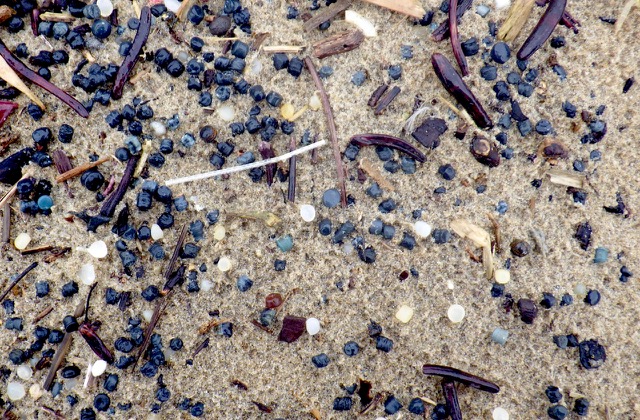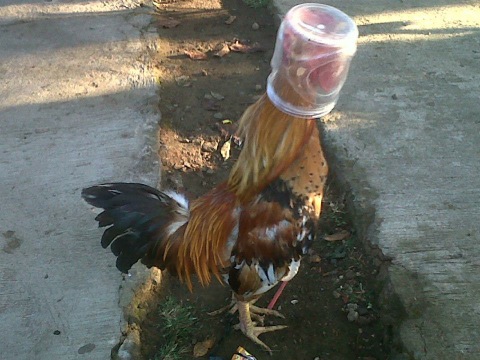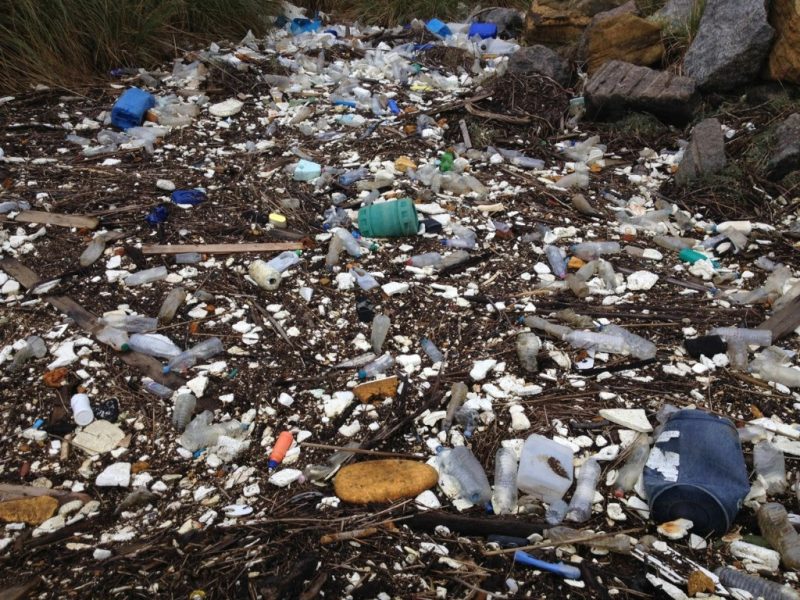Rye News recently published the news of a donation by Jempsons in Peasmarsh of £100 to Strandliners who have been busy clearing much plastic, amongst other things from the river banks and beaches.
The irony of this, of course, is that some of that plastic will have come from Jempsons itself. As our largest local grocers, whether in Rye or Peasmarsh it is inevitable that packaging from some of their plastic-wrapped and oh-so-convenient goods will be carelessly thrown away and end up in our rivers or in the sea.
But are Jempsons to blame for this?

In part, of course, yes, because they sell the sell the stuff. But not all the blame lies there or with other shops and supermarkets. Most of the blame lies squarely with us, the consumer.
We are, after all, the people who buy plastic-wrapped food and other products. It so often makes sense to do so: it’s clean, hygienic, easy to carry, easy to pack in plastic carrier bags and often easy to store when we get home.
The convenience of all this is undoubtedly welcome but is is necessary, do we really and truly need it?
I am old enough to remember a time when carrier bags were strong paper, fruit and vegetable were put loose into brown paper bags and bread was simply wrapped in a tissue-like paper. And so far as I recall, half the population didn’t die of food poisoning or related diseases.

Plastic was once seen as a blessing, but we have allowed it to become the scourge of the 21st century and the truth is we don’t need most of it. It litters verges, river banks and beaches, it pollutes streams, rivers and seas. It is ingested by birds fish and animals and if it doesn’t kill them (which so often it does) it can pass via them into the human food chain and plastic is no better for us than it was for the creature who originally ate it.

We don’t need fruit and vegetables wrapped – if you are worried about hygiene, then wash them when you get them home – we don’t need meat and fish double or triple wrapped, we don’t need to drink ‘mountain fresh’ still water out of disposable plastic bottles – it’s even more expensive that petrol and what’s wrong with tap water (if one is that fussy, it can even be filtered), and how many of the blister-packed hard goods that we buy need to be blister packed? The list can go on and on.
But what can we, the ordinary buying public do about it? How can we put pressure on supermarkets and the commercial giants who supply them? The answer is simple, don’t buy plastic-wrapped products. Easy to say but it takes more effort to carry such good intentions out. It can be done, though, and if we are to save our rivers, oceans, even fields and the creatures (and therefore our food) who live in all of them, we must make the effort.
Image Credits: Andy Dinsdale , Rye News library .




Food is wrapped as it travels further to get to the shop..local bread can still be bought unwrapped…
Food is wrapped to protect it to get to us in useable state and to reduce waste that causes even more waste and a cause of pollution and carbon into the atmosphere..
The logic is to dispose of the plastic wrapping responsibly and so does not get into the environment..
And for the recycling to be done in an efficient way and produce another useful product…
Not landfill.
Let’s encourage a more national recycling instead of different councils doing it differently and for the producers of the wrapping and products we need and use to have a system to retrieve and recycle them.
Go prepared with your own shopping bags and wrapping. When you check out, take all produce out of its plastic, polystyrene etc at the till and ask the store to dispose of it responsibly as you do not want to take it home. If enough people do this, stores will soon start taking note and pass on concerns to the manufacturers of all this unnecessary packaging.
I do wonder why we can’t go back to glass milk bottles.
We can. Milk&more deliver milk in reusable glass bottles in Rye and the surrounding area milkandmore.co.uk
I was amazed to find that wrapped vegetables were cheaper than buying loose vegetables. Surely this does not encourage shoppers to buy unwrapped vegetables.
One answer to Pamela’s question is you can get milk in glass bottles delivered to the door by a milkman…one is Milk & More who deliver to homes in Rye…
You could ask at the independent shops who sell local milk if they could get some of the milk in glass bottles for you. I believe the dairies have both glass and plastic..
I would think the reason the supermarket milk is in plastic as they sell it in larger volumes for choice 1pt, 4pt, and plastic is lighter to transport and so saves on fuel costs for the manufacturers.
it’s a matter of weight of transporting goods that plastic is used…at least the plastic bottles can be recycled easily.
Plastic pollution in our marine environment is taking place on a staggering scale with 9.5 million tonnes of new plastic waste flowing into the ocean each year, so it is good to see a piece highlighting our overuse of plastic. As with all environmental issues though, there is a risk of oversimplification of the problem. Whilst there is no doubt that plastic overpackaging in supermarkets is an issue, it really shouldn’t be the sole focus of attention.
Half of all the plastic emanating from the UK that gets into the sea is primary microplastic, which originates from the erosion of tyres when driving or of the abrasion of synthetic textiles during washing. It also comes from scrubbing agents in toiletries and cosmetics, and from a large range of other activities. So as consumers, we should consider driving less, using fewer synthetic textiles and avoiding inappropriate toiletries for a start.
The other half comes from inappropriately disposed of waste, littering if you will, which must be tackled by behaviour change. Most developed countries have sophisticated waste collection systems in place, so irrespective of the pros and cons of single use plastic, none of it need end up in as litter in the sea or elsewhere. Obviously we can all do more to avoid buying products that intrinsically have a high environmental cost to start with.
Finally, we use Milk and More for delivery of milk and fruit juices in reusable glass bottles. However there is a premium for the doorstep delivery, with a pint of milk costing 81p, whereas two pints in Jempsons costs 90p. A pint of oatmilk (in now unrecyclable tetrapak!) is £1-85, compared to £1-49 in Jempsons. I would also not be so certain as to say that the service must be environmentally superior, as there is a different fuel cost (and tyre abrasion!) to consider. None of this is easy.
I too noted that the new RDC waste contractors, Biffa, will not recycle tetrapaks. Also, glass is no longer collected separately and so can only be used for road building aggregate rather than new glass containers. They are requesting that everything is clean and dry as well – an almost impossible task.